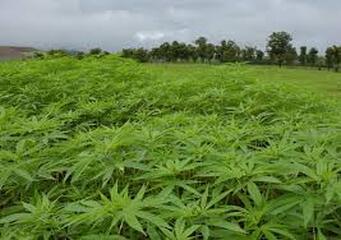|
By: Jussa Kudherezera Considering the fact that summer is with us, now is the optimal time for TUGI Zimbabwe to start work on our gardens, but COVID-19 has given rise to food insecurity and shortages for the majority of Zimbabweans. There is a need to spearhead urban gardening and experience high yields for our communities to compensate for the lack of food during the COVID-19 crisis. COVID-19 has disrupted the nation as a whole, especially concerning agriculture. If urban agriculture is well established, it will help communities to sustain themselves even with the lockdowns in Zimbabwe. Urban farming has for years served as a vital resource in the livelihoods of urban households in Zimbabwe. In general, urban dwellers rely on the market for food, but with food prices surging beyond the reach of much of the population, the poor urbanites in Zimbabwe have resorted to strengthening urban agriculture to meet their immediate food requirements. Tomatoes, green leafy vegetables such as rugare, and maize are the major crops planted at backyards in cities across Zimbabwe.
With the sudden demands for urban agriculture only increasing, every space can be utilized for urban gardening. TUGI Zimbabwe mobilizes the youth and the rest of the community to practice cultivation of their own food and to help communities sustain themselves. To some, urban farming might sound like a contradiction. Farming is often seen as a rural occupation, and cities as consumers of rural foodstuffs. In truth, many cities simply could not feed themselves without the produce of their backyards, roadside verges, riverbanks, parks, and allotments. Hectare (a square metric unit of measurement) for hectare, urban farming is among the most efficient and intensive forms of agriculture anywhere, and it can be a vital source of produce for poor and even middle-income households. Urban farming is a worldwide phenomenon. According to the UN development Programme, one in three of the world's urban residents grows some food, and urban areas provide around 15% of global food production. We need to work to preserve this resource, even in times of disparity, so that it will keep providing for us in years to come.
1 Comment
|
TUGIWelcome to Seeds for Thought, the TUGI Blog where we will be highlighting incredible stories of environmental activists and change makers, environmental news, and tips to living a more green and sustainable lifestyle. If you are interested in learning more about what we are doing on a monthly basis, subscribe to our TUGI Newsletter. Archives
May 2021
Categories |
TUGI
|
|

 RSS Feed
RSS Feed
